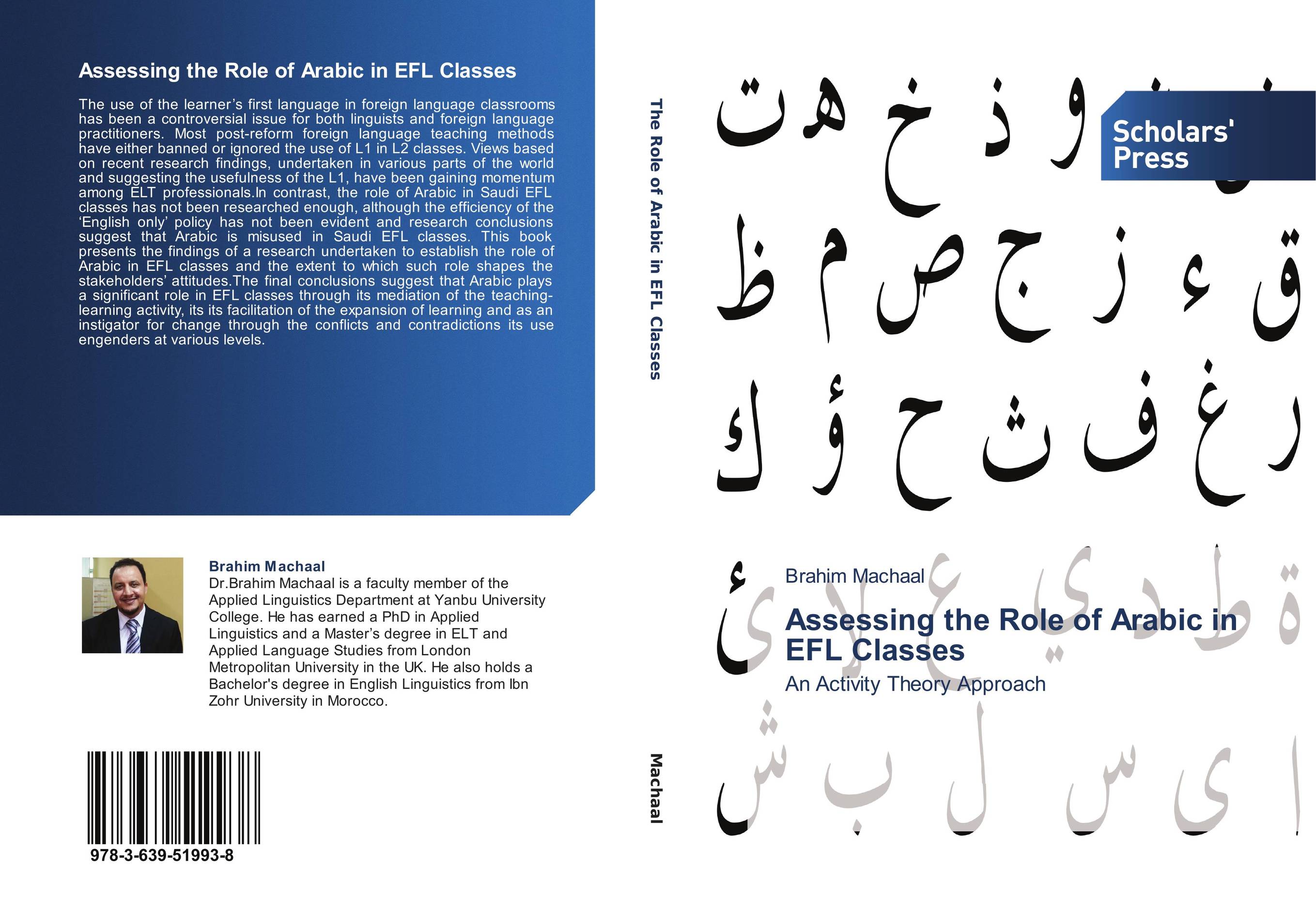| Поиск по каталогу |
|
(строгое соответствие)
|
- Профессиональная
- Научно-популярная
- Художественная
- Публицистика
- Детская
- Искусство
- Хобби, семья, дом
- Спорт
- Путеводители
- Блокноты, тетради, открытки
Assessing the Role of Arabic in EFL Classes. An Activity Theory Approach

В наличии
| Местонахождение: Алматы | Состояние экземпляра: новый |

Бумажная
версия
версия
Автор: Brahim Machaal
ISBN: 9783639519938
Год издания: 2013
Формат книги: 60×90/16 (145×215 мм)
Количество страниц: 360
Издательство: Scholars' Press
Цена: 65324 тг
Положить в корзину
| Способы доставки в город Алматы * комплектация (срок до отгрузки) не более 2 рабочих дней |
| Самовывоз из города Алматы (пункты самовывоза партнёра CDEK) |
| Курьерская доставка CDEK из города Москва |
| Доставка Почтой России из города Москва |
Аннотация: The use of the learner’s first language in foreign language classrooms has been a controversial issue for both linguists and foreign language practitioners. Most post-reform foreign language teaching methods have either banned or ignored the use of L1 in L2 classes. Views based on recent research findings, undertaken in various parts of the world and suggesting the usefulness of the L1, have been gaining momentum among ELT professionals.In contrast, the role of Arabic in Saudi EFL classes has not been researched enough, although the efficiency of the ‘English only’ policy has not been evident and research conclusions suggest that Arabic is misused in Saudi EFL classes. This book presents the findings of a research undertaken to establish the role of Arabic in EFL classes and the extent to which such role shapes the stakeholders’ attitudes.The final conclusions suggest that Arabic plays a significant role in EFL classes through its mediation of the teaching-learning activity, its its facilitation of the expansion of learning and as an instigator for change through the conflicts and contradictions its use engenders at various levels.
Ключевые слова: English as a foreign language - Mother tongue - Arabic in EFL classes - Activity Theory - Learning mediation - Learning expansion



